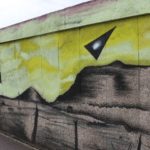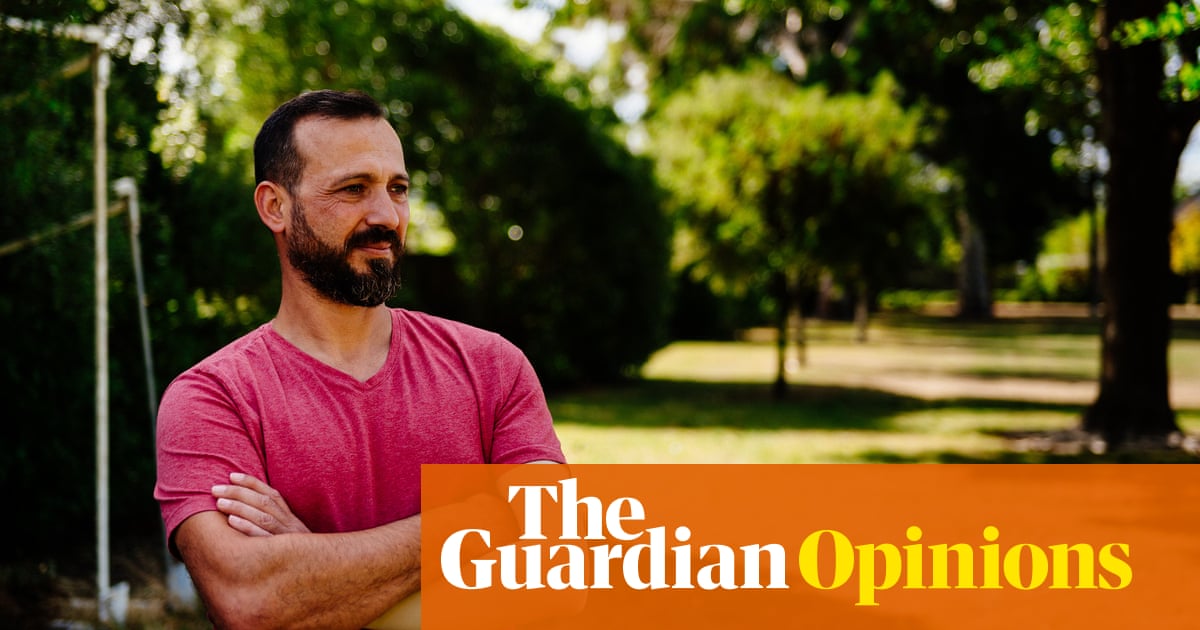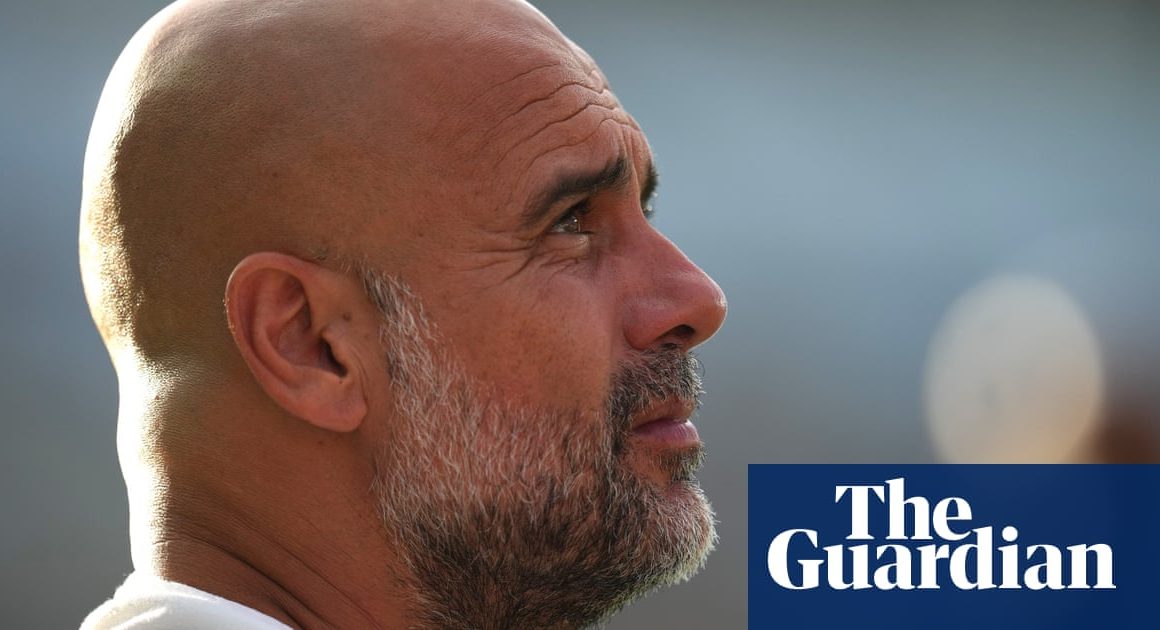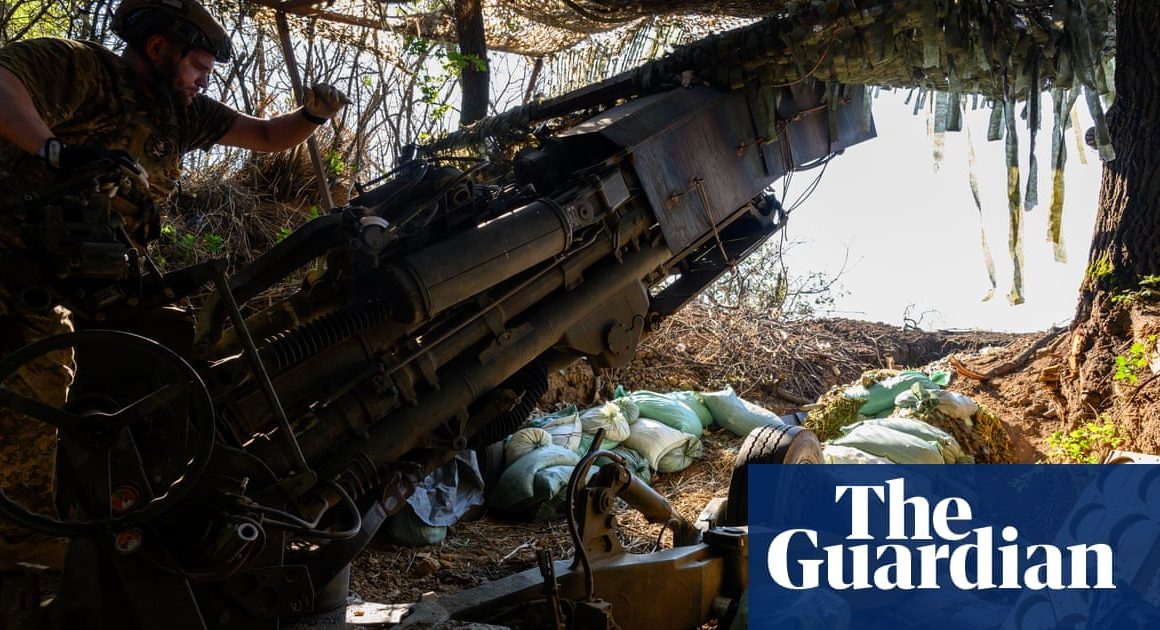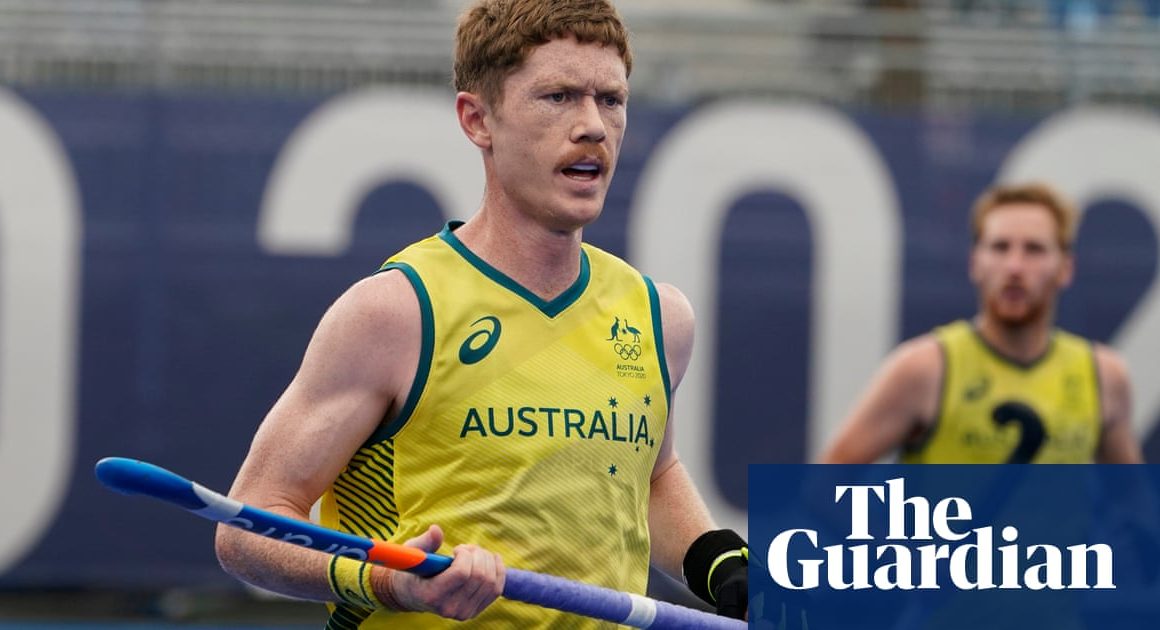The day before the fifth anniversary of a terrorist attack at my mosque, New Zealandâs prime minister Christopher Luxon sent an email to the bereaved and survivors of the massacre in Christchurch, including me. Fifty-one Muslims were killed at Masjid al-Noor and at Linwood Islamic Centre during Friday prayers on 15 March 2019, and 40 were injured. In his note on Thursday, Luxon praised our strength, courage, compassion and dignity.
âThe government is committed to keeping New Zealanders safe and secure,â he wrote. âWe will ensure that lessons learned from these attacks continue to inform how we keep New Zealand safe.â
These words make me angry. Their inconsistency is confusing. Even as he says these things, the prime minister and his government are preparing to roll back some of the gun law reforms made in the aftermath of the mass shooting, which was committed by a white supremacist who acquired his weapons legally. The government has not ruled out making semiautomatic weapons more widely available.
Today I will go to Friday prayers at the mosque and it will be as though 15 March 2019 is happening again. When I see people praying, I see the dead and injured; I remember fearing for my life. I see the bullets and the smoke.
On that day five years ago, I was shot nine times with a semiautomatic gun. I would like the prime minister to put himself in my shoes, to imagine this happening to him or his wife. Maybe he thinks it is in the past now and he doesnât have to be stuck with our suffering any more.
I know that politicians only propose law changes if they think the public will support them. It feels like something has gone wrong in this country if that is true after only five years. Since the attacks, New Zealand has been too nervous to have some difficult conversations that could help to increase awareness of the problems we face and how to solve them. There should be public forums to talk about online extremism and racism in the street, how it happens and how to prevent it. We need to talk more.
There are still questions remaining about what happened that day. Even some of the conclusions reached by the official inquiry â that the terrorist was a lone wolf and didnât tell anyone what he planned to do â have been cast into doubt by new research this year that found online postings he made which had never come to light before. That needs more investigation.
There is also much to do if we want to prevent such an atrocity from happening again. When she was prime minister, Jacinda Ardern understood our pain and she was honest with us, but I was disappointed in her Labour government too. They dragged their feet. In four and a half years before they were voted out, they didnât strengthen laws against hate speech or regulate social media. They didnât resolve the matter of reparations for those affected.
The royal commission of inquiry into the attacks made 44 recommendations and the government said it had started work on or had completed all of them. But I struggle to name one change that makes me feel safer since the attack, apart from the gun law reforms. The same issues carry on and on; no one accepts accountability. It feels like our leaders donât care about us any more. I think they try to make us frustrated and tired so we give up.
Every three months, I must seek a fresh medical certificate to prove I am still unable to work due to PTSD so that I qualify for income support under New Zealandâs accident compensation scheme. It is like they believe that in three months I might be OK and ready to go back to work. I am a strong person but this will be with me all my life.
For a long time, I remembered holding someoneâs hand under a pile of bodies as the attack went on. I could not see the man whose hand I was squeezing and didnât know if he had lived or died. That was difficult. A few months ago, four and a half years after the attack, I finally learned his identity. The man whose hand I was holding was shot and survived, like me. All these years he had wondered who I was too. When I met him, we said to each other, âIt was you. You were holding my hand.â
I want people to know that they cannot expect us to be normal again. We are still very tender about it. We are still very raw. This is different to other pain â to the end of a relationship or physical hurt. I still canât handle what I witnessed. It will never go away.
Five years from now, I hope I donât have to worry about being safe. I never used to feel unsafe in New Zealand before; now I donât leave the house unless I have to. But I keep going. When I play walking football, when I see my football friends, the noise in my brain stops and for an hour I donât feel fear any more.
I believe the reason I survived is because Allah has things left for me to do on this earth. And I do still believe in this country. We can confront our prejudices and change; understand each other better. In a recent list, New Zealand was ranked the fourth safest country in the world. I think we should aspire to be the safest.






